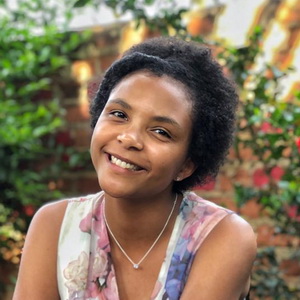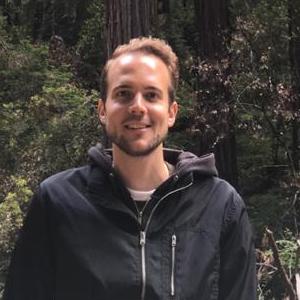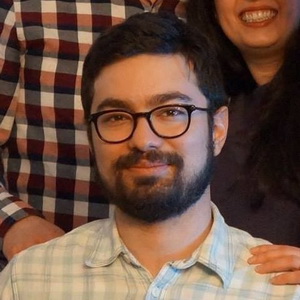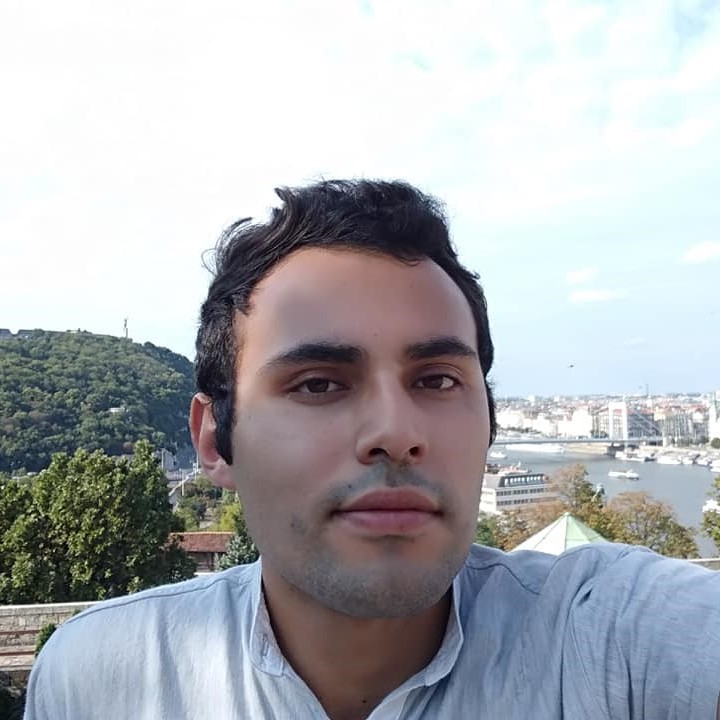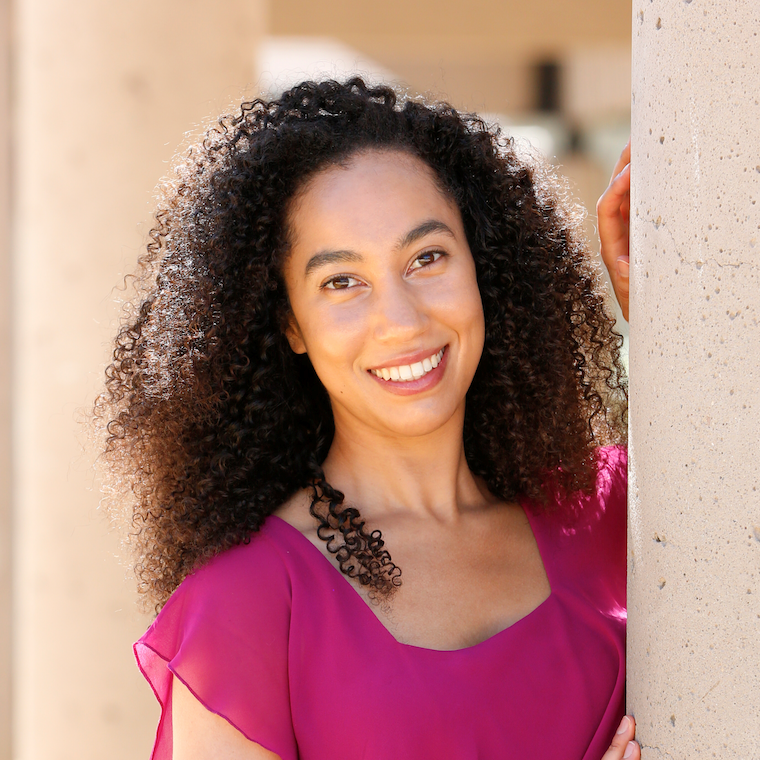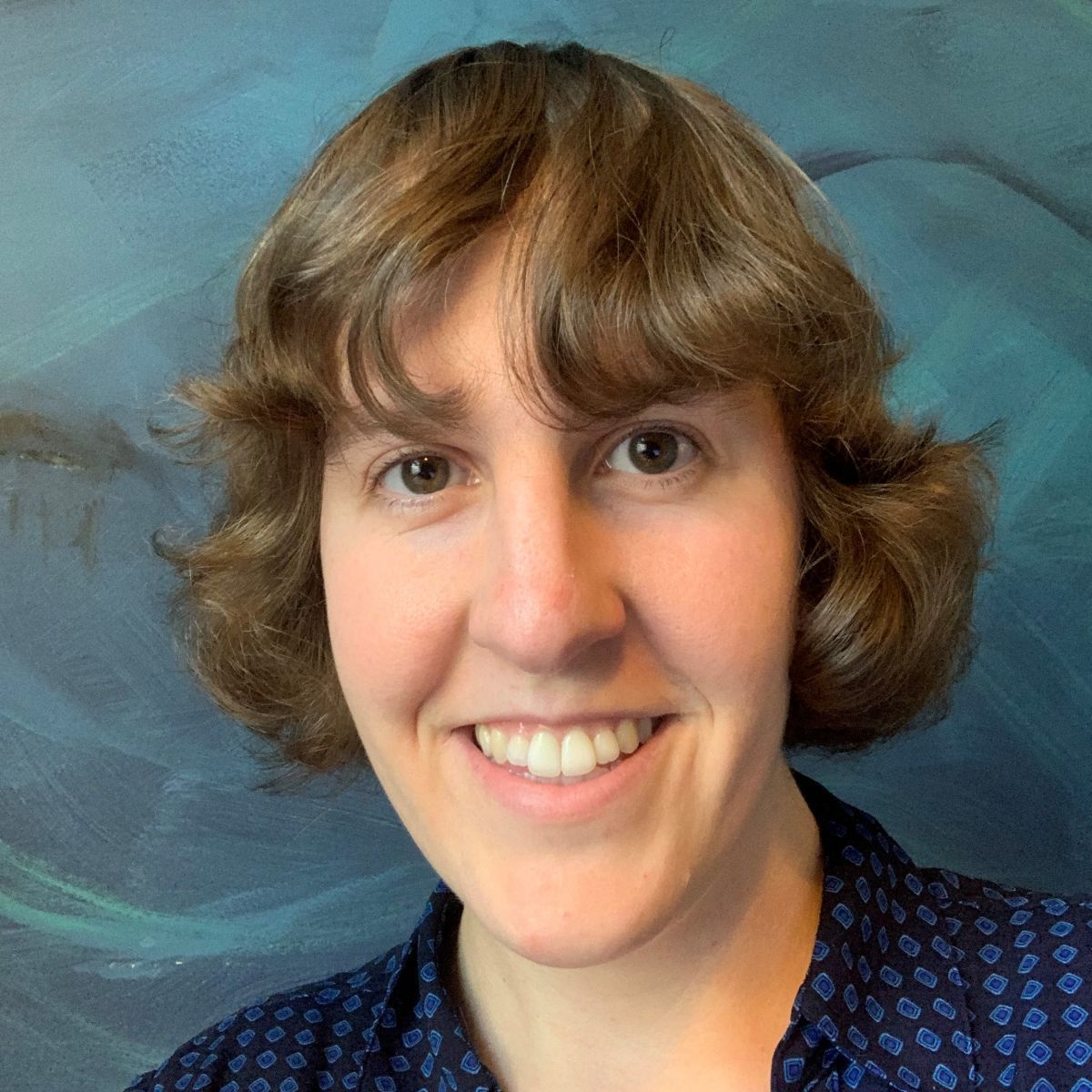Luchtverontreiniging in Kampala, Oeganda
Als er niet snel concrete maatregelen worden getroffen, wordt de hoofdstad van de Parel van Afrika binnen enkele tientallen jaren vrijwel onbewoonbaar.
Uganda, Eastern Africa
Story by Anna Adima. Translated by Jan Messchendorp
Published on February 27, 2022.
This story is also available in 








Net als de meeste inwoners van Kampala, Oeganda (waar ik vanwege veldonderzoek voor mijn promotie nu woon), adem ik dagelijks meer aan een giftige cocktail van stof, uitlaatgassen en industrierook in dan goed voor mij is.
Kampala is de hoofdstad van Oeganda, en met een jaarlijkse groei van 4,03% en een bevolking van 1,6 miljoen mensen is het een van de snelstgroeiende steden ter wereld. De groei van de industrie en de verstedelijking gaan ook gepaard met een groter aantal voertuigen: daarvan rijden er in de straten van Kampala ongeveer 50.000, waaronder auto’s, bussen, vrachtwagens en motortaxi’s. Veel van deze voertuigen zijn oud en zonder oog voor het milieu vervaardigd. Samen met gevaarlijk industrieel afval dragen ze bij aan de grote luchtverontreiniging in de stad. Verder komen er giftige stoffen vrij bij het verbranden van afval en bij het stoken van hout of houtskool voor de voedselbereiding binnenshuis.
Kampala is na Kano in Nigeria de meest vervuilde stad van Afrika: met een PM2,5 (fijnstof met een omvang van 2,5 micrometer, dat van alle luchtverontreinigende stoffen het meest schadelijk voor de gezondheid is) van gemiddeld 40,8µg/m³ in 2018, ligt het gehalte ruim boven het aanbevolen streefcijfer van 10 µg/m³ van de Wereldgezondheidsorganisatie. De effecten van deze verschillende vormen van luchtvervuiling zijn in Kampala dagelijks voelbaar. Wanneer ik op een van de zeven heuvels van Kampala sta, zie ik hoe een dikke smogwolk als een verstikkende deken boven de stad hangt. Als je in het vreselijk drukke verkeer komt vast te zitten, wordt je blootgesteld aan de dodelijke uitlaatgassen van de voertuigen om je heen. Buiten (hard)lopen of fietsen kan gevaarlijk zijn: vroeger liep je vooral kans om door een auto te worden aangereden of het slachtoffer te worden van geweld, maar nu is het grootste risico dat je ongezonde lucht inademt (en daarom sport ik binnen). Verrassend is het dan ook niet dat luchtwegaandoeningen hier in opmars zijn. Het aantal sterfgevallen dat verband houdt met luchtverontreiniging, stond in Oeganda in 2017 op 13.000.
De lokale pers is zich bewust van de gevaren van luchtvervuiling in Kampala en Oeganda. Verschillende nieuwsstations roepen op tot actie, en academici en het stadsbestuur van Kampala geven het publiek voorlichting over het gif dat we inademen. In 2018 heeft de Oegandese regering een wet aangenomen om de invoer van auto’s ouder dan 15 jaar te verbieden, met als doel de vervuiling in het land terug te dringen. Eigenaars van auto’s die ouder dan vijf jaar zijn, moeten een milieuheffing betalen.
Maar is dat genoeg om de luchtverontreiniging te bestrijden? Mensen die in Oeganda wandelen of van het openbaar vervoer gebruikmaken, worden geassocieerd met de arbeidersklasse en de rijken in de stad kijken vaak op hen neer. Bovendien is het openbaar vervoer niet altijd de veiligste of de betrouwbaarste manier om je te verplaatsen. Vooral vrouwen hebben last van intimidatie en geweld (veel vrouwen in mijn kennissenkring hebben dit helaas aan den lijve ondervonden). Er is een tweeledige transformatie nodig: het openbaar vervoer moet veiliger en toegankelijker worden, ook voor gemarginaliseerde personen in de stedelijke ruimte, en er moet een eind komen aan het idee dat deze vorm van vervoer uitsluitend voor de armen is.
Uiteraard zijn dit maar kleine oplossingen voor een heel groot probleem. Maar als er niet snel concrete maatregelen worden getroffen, wordt de hoofdstad van de Parel van Afrika binnen enkele tientallen jaren vrijwel onbewoonbaar.
How does this story make you feel?
Follow-up
Do you have any questions after reading this story? Do you want to follow-up on what you've just read? Get in touch with our team to learn more! Send an email to [email protected].
Talk about this Story
Please enable cookies to view the comments powered by Disqus.
Subscribe to our Monthly Newsletter
Stay up to date with new stories on Correspondents of the World by subscribing to our monthly newsletter:
Other Stories in Nederlands
Tags
Explore other Topics
Get involved
At Correspondents of the World, we want to contribute to a better understanding of one another in a world that seems to get smaller by the day - but somehow neglects to bring people closer together as well. We think that one of the most frequent reasons for misunderstanding and unnecessarily heated debates is that we don't really understand how each of us is affected differently by global issues.
Our aim is to change that with every personal story we share.
Community Worldwide
Correspondents of the World is not just this website, but also a great community of people from all over the world. While face-to-face meetings are difficult at the moment, our Facebook Community Group is THE place to be to meet other people invested in Correspondents of the World. We are currently running a series of online-tea talks to get to know each other better.











